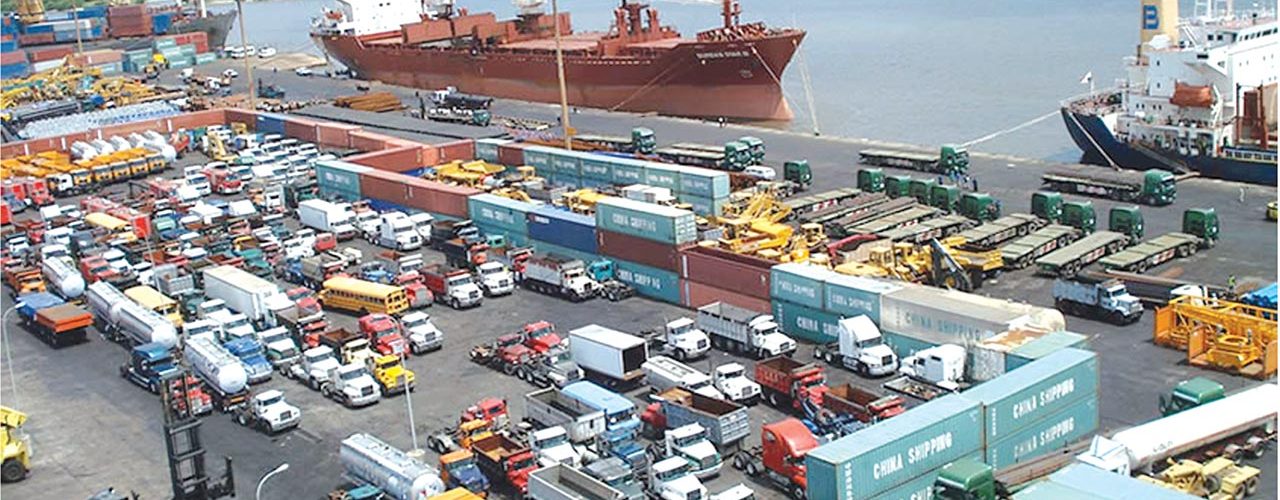Trade between countries is inevitable as no single country can produce all that it needs and consumes, hence countries sell to and buy from other countries in what we know as international trade. Usually, countries sell or export what they produce in abundance and buy or import what they cannot, or do not sufficiently produce. This is the basis of the classical economic theory as pioneered by Adam Smith, hence countries are encouraged to specialize in their areas of comparative advantage.
Contrary to the widespread belief that Nigeria is an “import-dependent” country that doesn’t produce most of what is consumed in the country, recent data from the Nigerian Bureau of Statistics (NBS) has shown that in fact, Nigeria exports more goods than it imports. In the most recent NBS foreign trade in goods statistics (for the third quarter of 2023), Nigeria’s total trade in goods was N18.8 trillion of which exports constituted N10.34 trillion and imports constituted N8.46 trillion. This implies a trade surplus of almost two trillion naira.
A trade surplus indicates a positive trade balance as exports outweigh imports. However, Nigeria needs to make it easier to import commodities that are either not produced or insufficiently produced in the country while continuing to encourage more exports. People and industries in Nigeria rely on several imported commodities, equipment, and production inputs, however these have become more difficult to import as the country’s forex crisis worsens and import duties remain prohibitively high. Although import duties vary for different items, typically from 5% to 35%, in reality importers tend to pay much more as different taxes and levies are placed on imported commodities.
The people’s welfare should be a top priority
The cost of living in Nigeria has worsened in recent times, especially as a result of the removal of fuel subsidies leading to a spike in energy costs, and a decrease in the naira’s value. Subsequently, the price of both locally made and imported goods has seen a sharp rise, and for many Nigerians, this is a difficult time indeed. With a persistently high inflation rate that is now at 28.92 percent, many Nigerians are not only doing away with luxury items, but they now struggle to put decent food on the table.
Despite the numerous economic challenges facing Nigerians, it is unfortunate that our import tariffs remain prohibitively high. It is important to recognise that importation is just as important as exportation, and a general reduction in import duties can help achieve general price reductions that will lead to an improvement in the living standards of Nigerians.
Unlike fuel price and currency value, the government can do something about the price of many other commodities. By reducing the tariffs payable on imported goods, many items will become more affordable for Nigerians. Even goods produced locally will be positively affected as imported inputs and equipment become cheaper. Although a reduction in import tariff rates may result in lesser government revenue in the short term, the welfare of the people should be a top priority for the government.
Imported vehicles are getting out of reach
Vehicles, particularly foreign-used ones are becoming scarce in Nigeria primarily as a result of the difficulties being experienced by importers. Car dealers according to a recent report attribute the situation primarily to the exchange rate of the Naira. In the report, a car dealer stated that “Cars are no longer entering the country as it used to, because of the many challenges facing vehicle importation, ranging from the duty payable on imported cars to other challenges.”
Also, in an article published on Business Day on 28 November 2023, Oluwafemi Amisu stated: “For clarity, a 2005 Corolla that could be bought, shipped, and cleared for less than 2 million naira as of 2019 will now cost you at least 5 – 6 million naira in 2023 in spite of the generally reducing cost of purchase at the used car auctions in the US being an 18-year old vehicle.”
The official duty rate for imported vehicles is 20 percent and a 15 percent and 20 percent National Automotive Council (NAC) levy is charged on used and new vehicles respectively. However, the constant upward review of the exchange rate for payment of duties has led to an astronomical increase in the amounts of duty payable for imported vehicles as well as other imported items. In 2023 alone, the exchange rate was increased four times, from N422.30/$ in June to N952/$ in December.
With the low purchasing power of most Nigerians, the ridiculously weak value of the Naira means that they can no longer afford many basic things they could previously afford. This situation coupled with high import tariffs is a sure recipe for crippling import trade. In this sense, it has become imperative for the government to consider a downward review of the import duty rate to make life easier for Nigerians.
________
This article was first published on Business Day.


